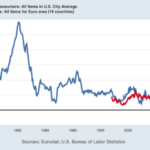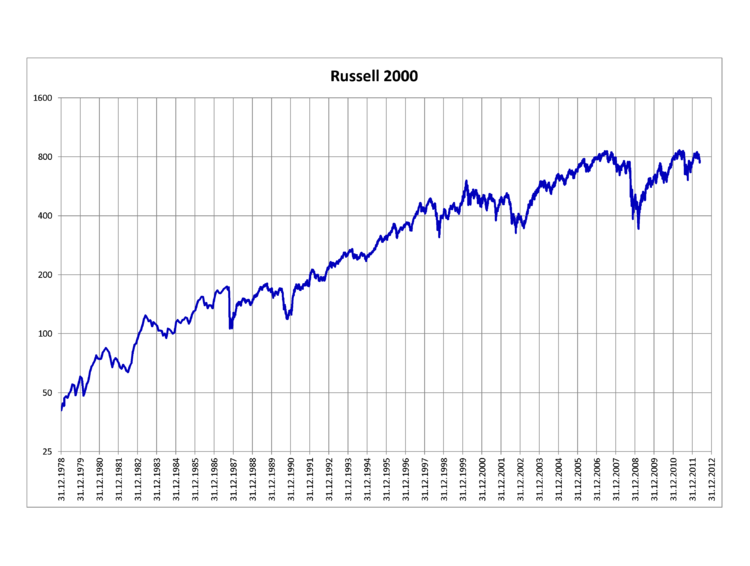Anonymity and innovation fuel access to banned Nvidia technology.
- Chinese AI developers are accessing banned Nvidia chips through overseas brokers.
- Techniques from the cryptocurrency world are used to mask identities.
- U.S. export controls prevent direct import of advanced AI chips to China.
- Decentralized GPU platforms are emerging to provide computing power to Chinese companies.
- Anonymity in transactions is maintained through smart contracts and cryptocurrency payments.
- Chinese companies are increasingly turning to decentralized platforms due to restrictions from major cloud services.
- Senators are concerned about loopholes in chip-export restrictions allowing continued access to advanced microchips.
Chinese artificial intelligence developers are finding innovative ways to access advanced American chips, specifically Nvidia’s powerful H100, without bringing them into China. By collaborating with brokers, they can rent computing power from overseas while using anonymity techniques borrowed from the cryptocurrency sector. This strategy has emerged as a response to U.S. export controls that restrict Chinese companies from directly importing these sought-after AI chips. While some Chinese users have resorted to gray-market sellers to physically bring chips into the country, this method is cumbersome and insufficient for large-scale needs.nnDerek Aw, a former bitcoin miner, is one entrepreneur facilitating this process. He has successfully secured funding from investors in Dubai and the U.S. to purchase AI servers equipped with Nvidia’s H100 chips, which are then housed in data centers abroad. For instance, his company recently set up over 300 servers in Brisbane, Australia, which began processing AI algorithms for a Beijing-based company shortly after.nnThe rental of overseas computing power is not a new concept, as many global firms utilize services from U.S. companies like Google Cloud and Amazon Web Services. However, these companies often have strict ‘Know Your Customer’ policies that can hinder Chinese clients from accessing advanced computing resources. Despite this, legal experts assert that the buyers and sellers involved in these transactions are not violating any laws, as U.S. export rules do not prevent Chinese companies from using U.S. cloud services.nnTo maintain anonymity, transactions are conducted through smart contracts, where the identities of the parties are represented by alphanumeric codes, and payments are made using cryptocurrency. This method not only protects user privacy but also complicates accountability in case of issues. Many Chinese AI firms are also using subsidiaries in places like Singapore to further obscure their identities.nnThe demand for Nvidia’s chips has surged since the U.S. imposed restrictions on chip sales to China in 2022, leading to a rise in the use of decentralized GPU platforms. These platforms aggregate computing power from various sources and offer it to AI developers, often without the stringent requirements of traditional cloud services. For example, one provider, io.net, boasts over 40,000 chips in its network and allows users to access GPU resources quickly and anonymously.nnWhile decentralized networks are beneficial for smaller AI applications, they face challenges when it comes to training larger models, which require extensive processing power. To address this, companies like Edge Matrix Computing are working to build larger clusters of GPUs specifically for intensive AI training.nnDespite the ongoing concerns from U.S. lawmakers about the potential exploitation of loopholes in chip-export restrictions, entrepreneurs like Aw continue to seek funding to expand their operations. As the landscape of AI development evolves, the intersection of technology, legality, and international relations remains a critical area of focus.·
Factuality Level: 7
Factuality Justification: The article provides a detailed account of how Chinese AI developers are accessing advanced American chips through indirect means, which is relevant and informative. However, it includes some opinions and perspectives that could be seen as biased, particularly regarding the legality and ethics of these actions. While the information is largely factual, the presence of subjective statements and potential exaggeration in the implications of the actions taken by these developers slightly detracts from its overall objectivity.·
Noise Level: 7
Noise Justification: The article provides a detailed analysis of how Chinese AI developers are circumventing U.S. export controls to access advanced Nvidia chips. It discusses the implications of these actions, the role of decentralized GPU platforms, and the legal nuances involved. While it presents relevant information and examples, it could benefit from deeper exploration of the long-term consequences and accountability of the involved parties.·
Public Companies: Nvidia (NVDA), Amazon (AMZN), Google (GOOGL), Microsoft (MSFT)
Private Companies: Edge Matrix Computing,io.net
Key People: Derek Aw (Entrepreneur), Joseph Tse (Former employee at a Shanghai-based AI startup), John Kennedy (Senator), Thea Kendler (Assistant Secretary of Commerce for Export Administration)
Financial Relevance: Yes
Financial Markets Impacted: The article discusses the impact of U.S. export controls on Nvidia’s chips and how Chinese AI companies are seeking alternative ways to access these chips, which could affect Nvidia’s market and the broader tech industry.
Financial Rating Justification: The article addresses financial topics related to the technology and semiconductor industries, particularly focusing on Nvidia’s business and the implications of U.S. export regulations on international trade and market dynamics.·
Presence Of Extreme Event: No
Nature Of Extreme Event: No
Impact Rating Of The Extreme Event: No
Extreme Rating Justification: The article discusses the use of advanced AI chips by Chinese developers and the implications of U.S. export controls, but it does not report on any extreme event that occurred in the last 48 hours.·
Move Size: 4.55% increase
Sector: Technology
Direction: Up
Magnitude: Medium
Affected Instruments: Stocks
 www.wsj.com
www.wsj.com 





